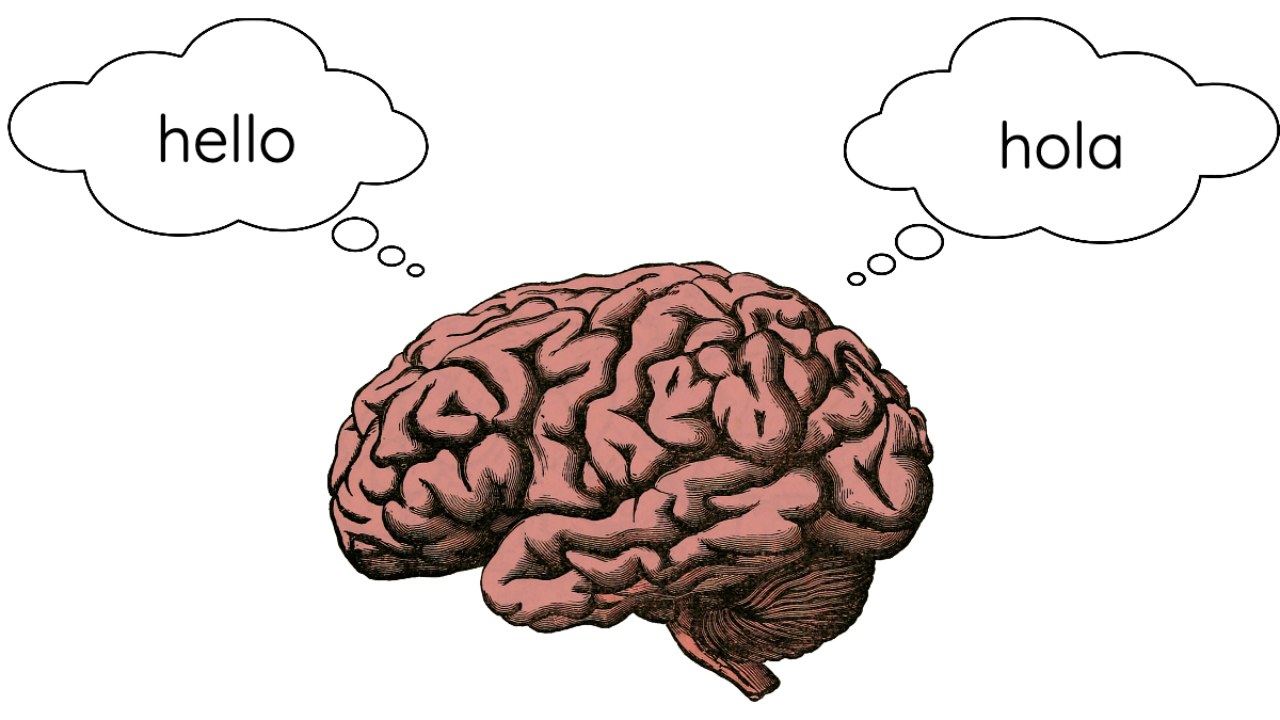People may think that speaking two different languages will confuse people, especially children, or cause some difficulties. However, the situation is quite different from what was expected.
Learning a different language other than your mother tongue and especially becoming fluent in it, It has many benefits on the human brain that cannot be predicted.
Bride, Pros of being bilingual Let’s take a closer look.
Learning a new language is a mental exercise.
In the bilingual brain, all our languages are active at the same time. The constant effort to suppress one language while speaking another, resulting from regular switching between languages Activates the brain with mental challenges.
Improves concentration, problem solving, memory and therefore creativity improves. In addition, according to experts, people who speak more than one language are diagnosed with dementia 4 to 4 and a half years later than those who do not.
This is a strong confirmation of the idea of cognitive reserve. Namely, cognitive reserve is the idea that people have developed a reserve of thinking abilities. This makes them It protects against losses that may occur due to aging and disease.
According to researchers, bilingual people recover faster from stroke as well as from dementia.
The language is broad and complex. It influences ideas, concepts, perception and different voices. The more complex a particular skill is, the more likely it is to have a positive impact on cognitive reserve.
Additionally, the brain is a complex set of neural networks. Learning a new language as a child Contributes to the establishment of new networks in the brain. However, when this new language is learned at a later age, it is necessary to change existing networks and establish more connections.
On the other hand, bilingualism improves the ability to see and understand other people’s perspectives in both children and adults.

Additionally, recent research has shown that people are more emotional in their native language and more emotional in their second language. more rational and abstract reactions confirms their tendency to give.
Our other content that may interest you:
RELATED NEWS
Meet the World’s Most Difficult Language “Navajo”: So What Are the Factors That Make It So Difficult?
RELATED NEWS
Which Language is Most Similar to Turkish? No, not Azerbaijani Turkish!
RELATED NEWS
